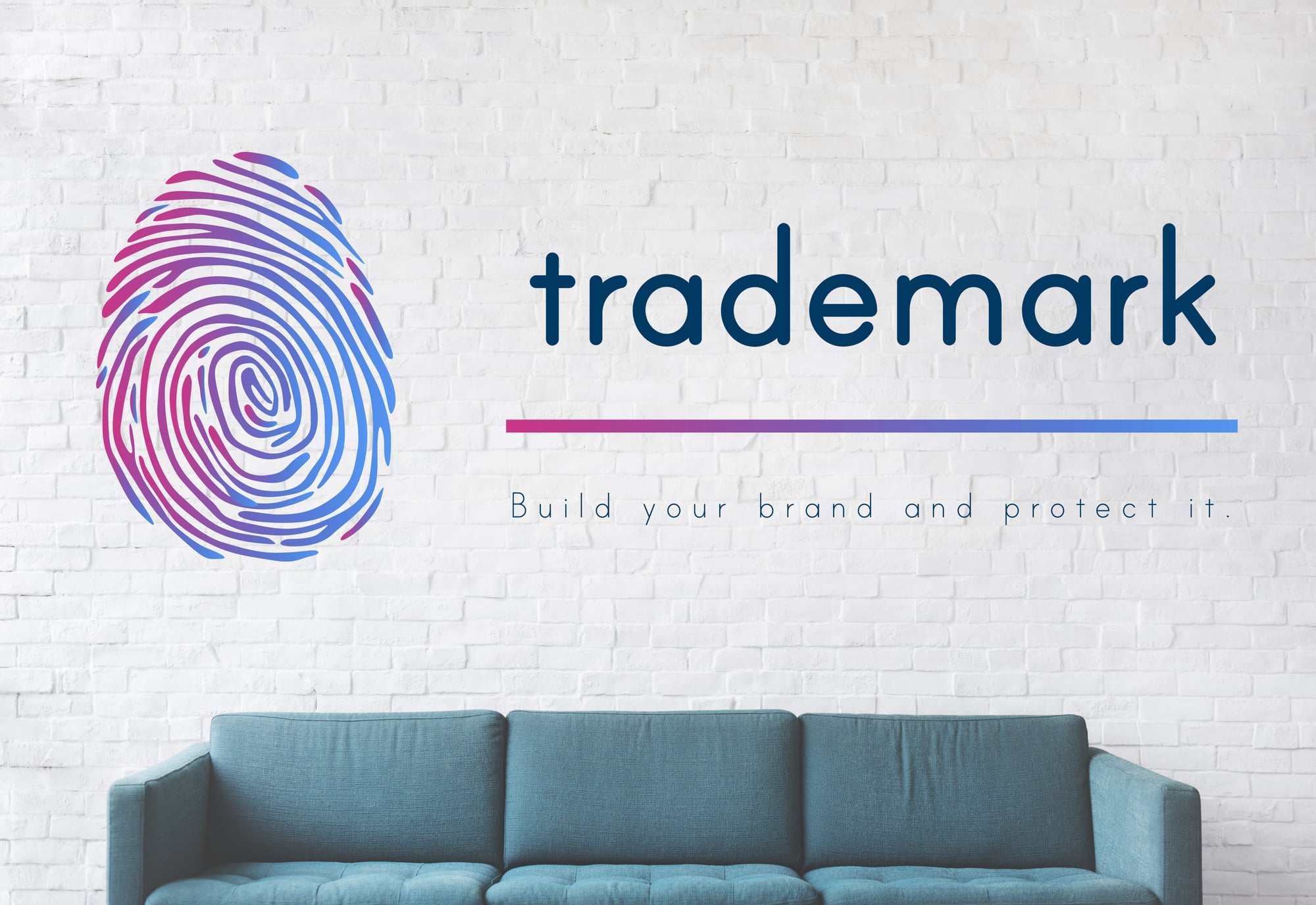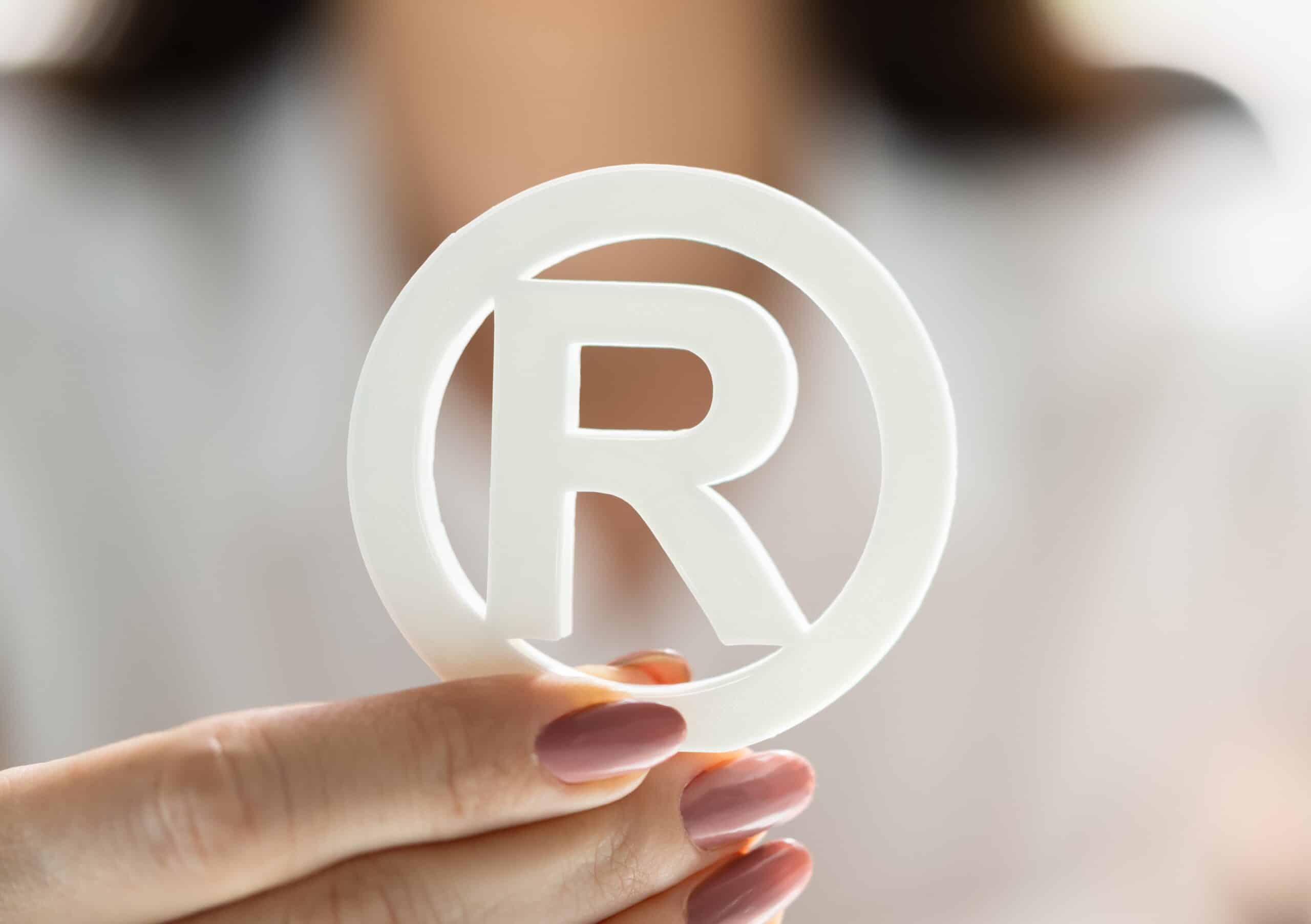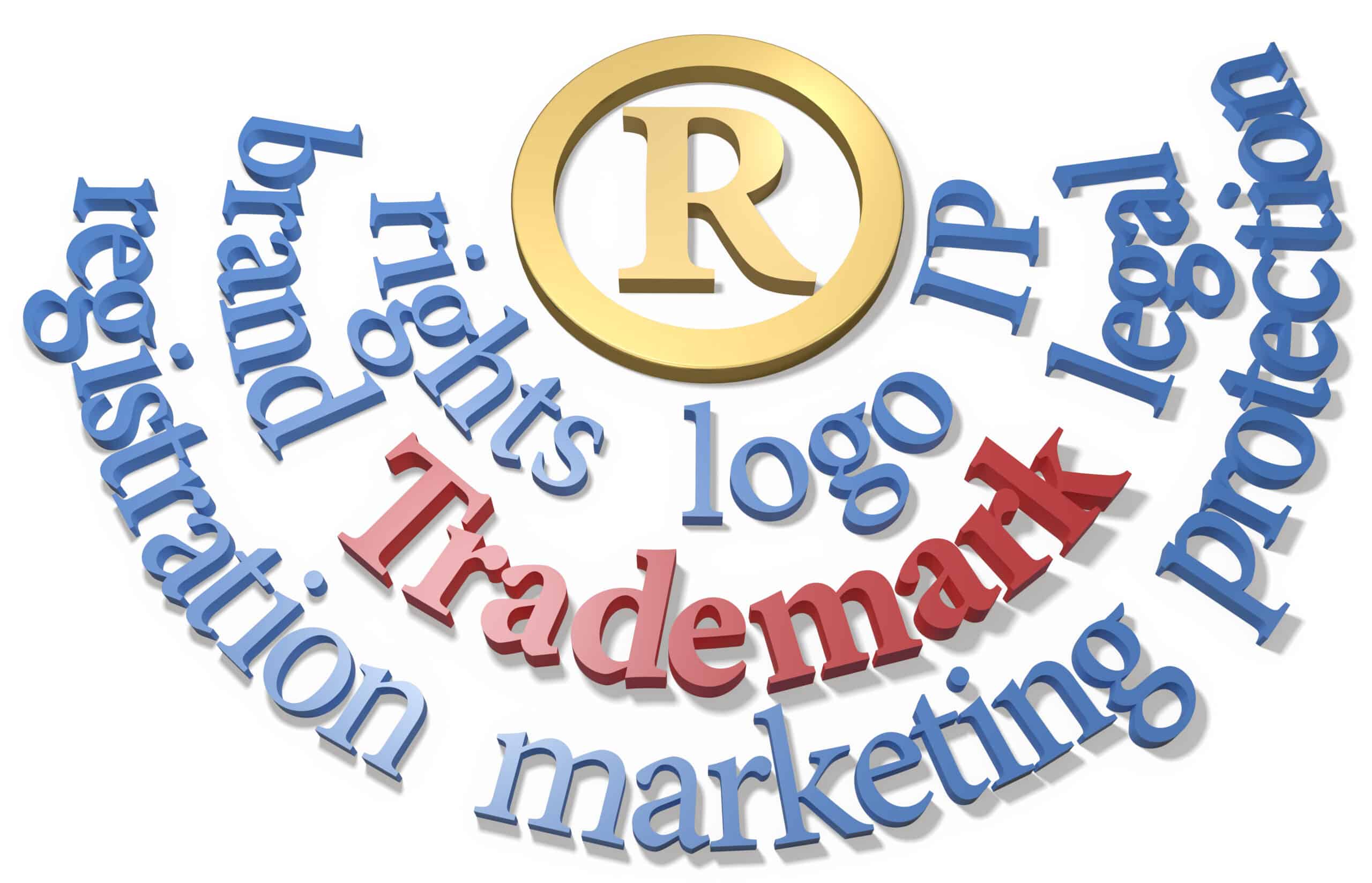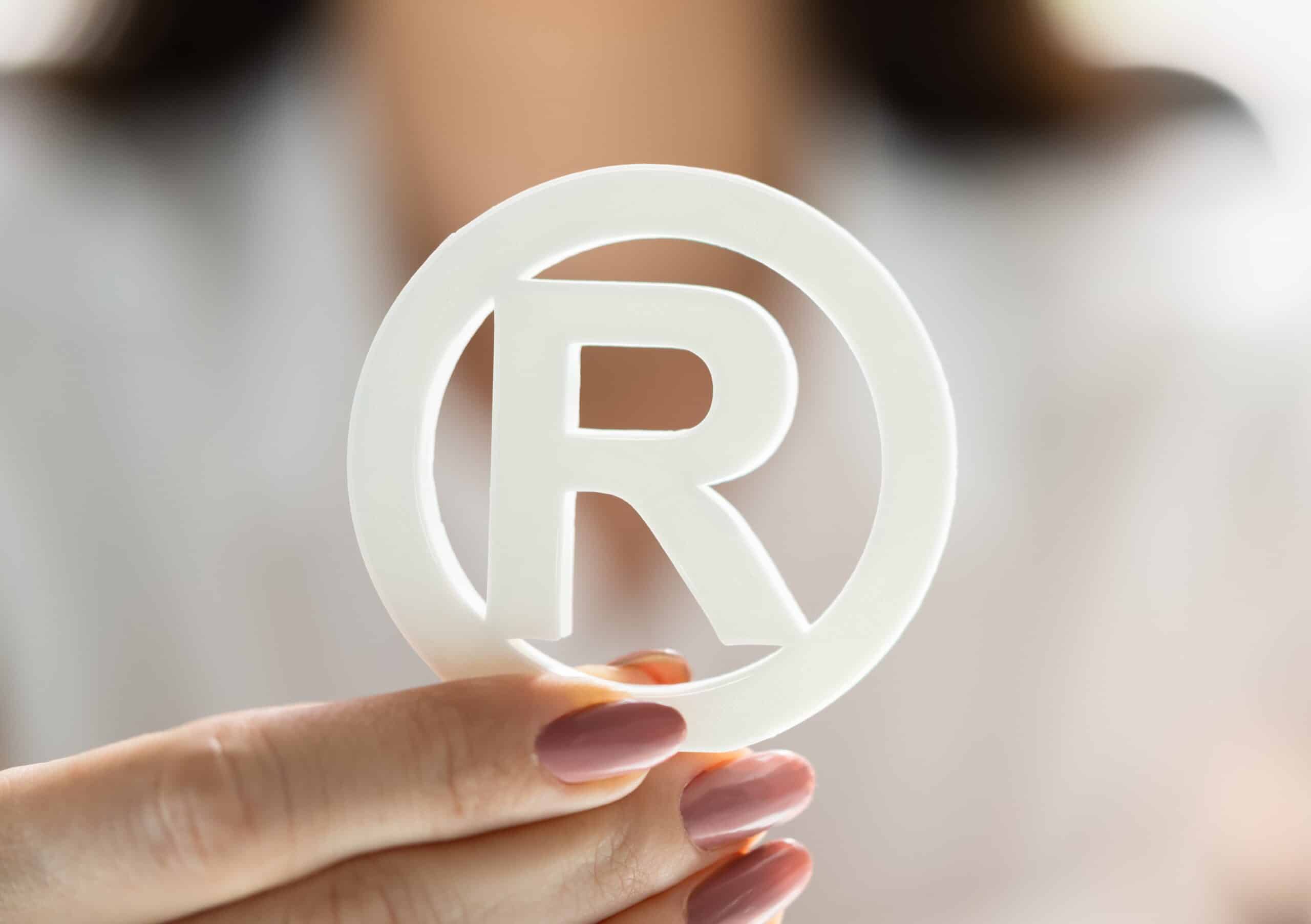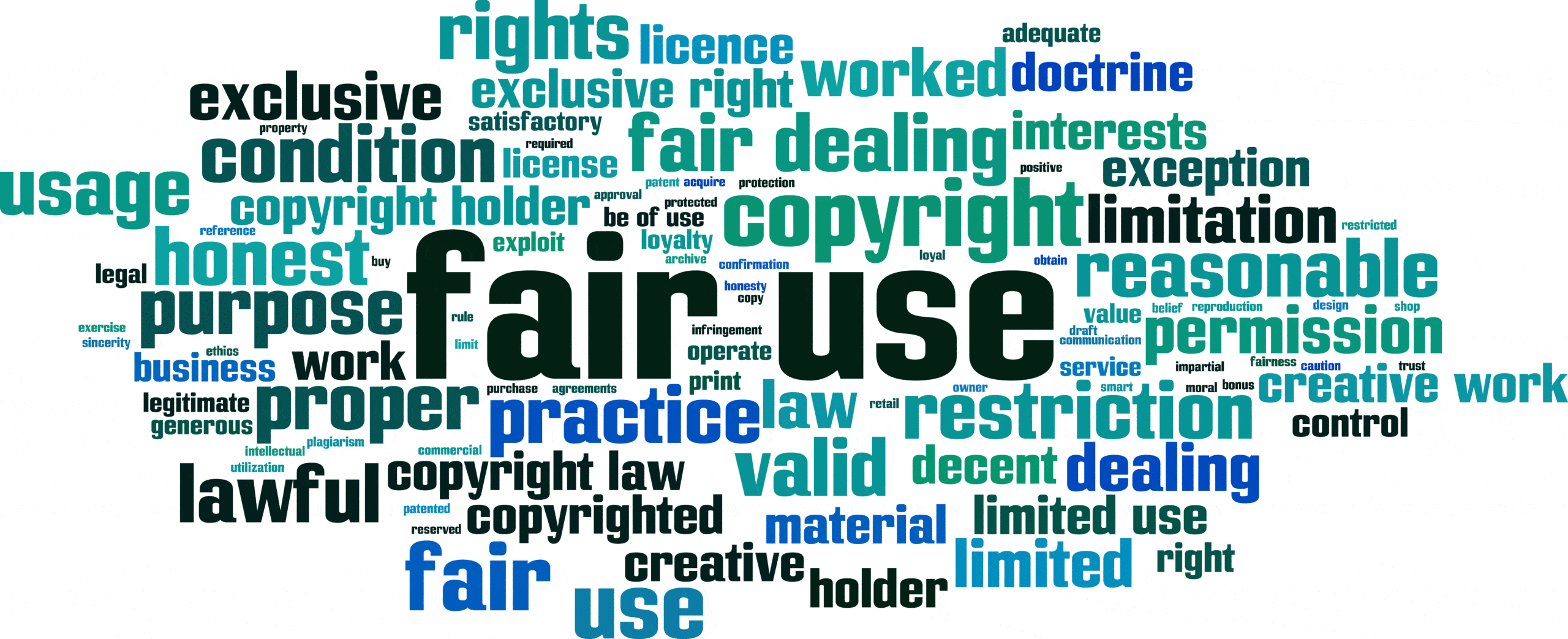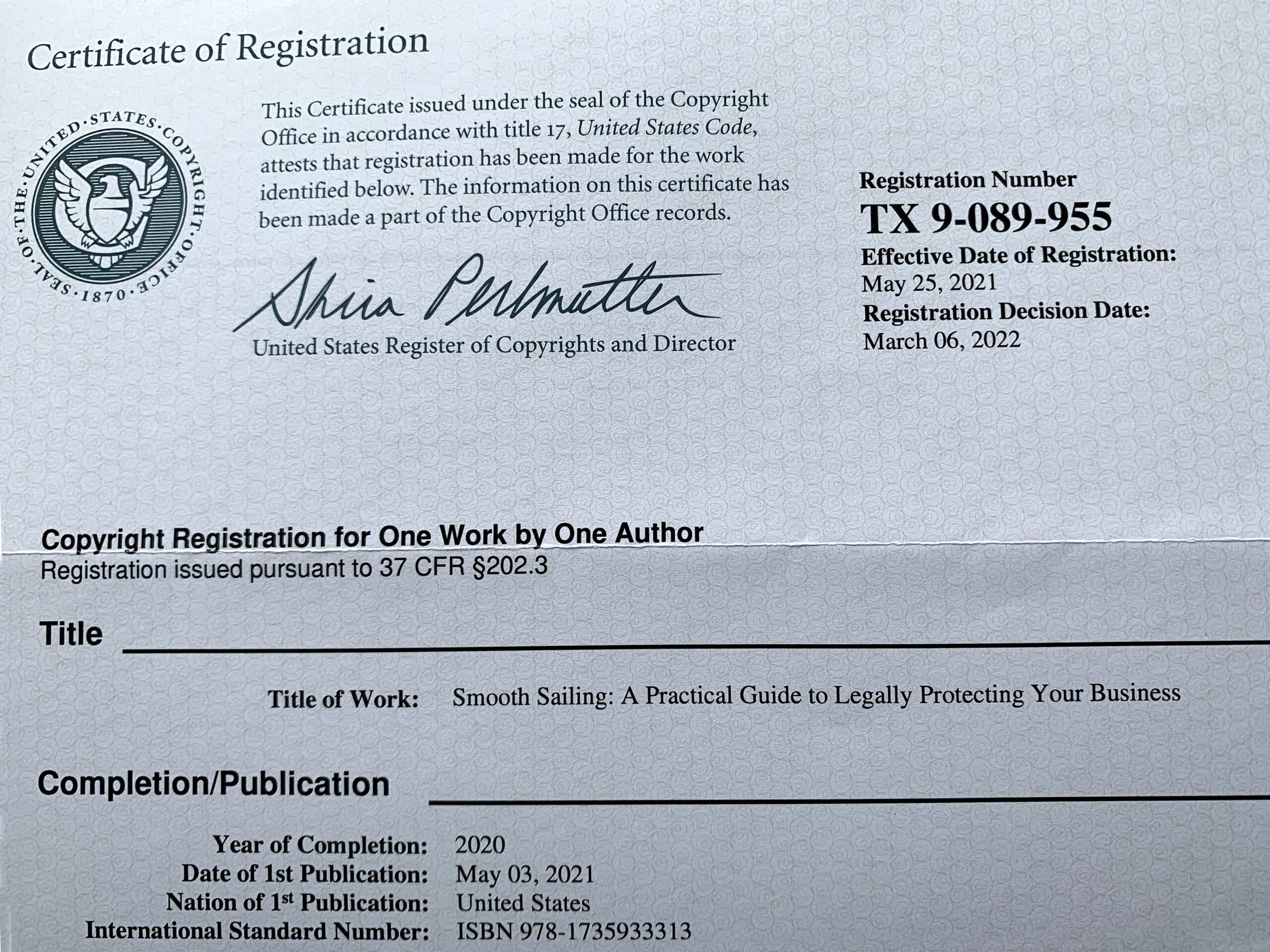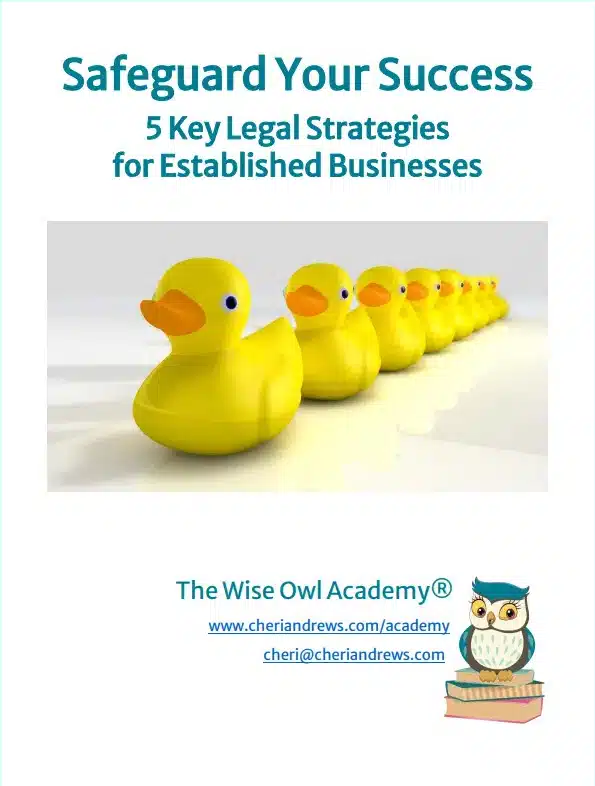Trademark is a great way for small business owners to protect your brand. This article will discuss what a brand is, what a trademark is, and what marks can receive federal trademark protection.
“What’s in a name? That which we call a rose/By any other name would smell as sweet.” Romeo & Juliet
What’s in a Brand?
Would your small business be the same with a different name? Are you well-known among your followers and raving fans by your brand name? For many small businesses, brand and brand protection are key to staying front of mind with their customers and avoiding confusion with other brands.
Your brand is the sum total of the perceptions, opinions, feelings, and thoughts that your customers or clients have about you, your service, and your business.
Branding refers to the action driven processes that build awareness and brand reputation. It’s the emotional bridge between you and your ideal client. Branding includes activities like sending out an email newsletter, posting on social media, engaging in an advertising campaign. These are the tactics and strategies you use to gain forward momentum, increase recognition, and close more sales.
Brand identity consists of the name, colors, fonts, logo, and tagline that you use to identify your business. As a small business owner, you may spend a lot of time, energy, and resources choosing your name, colors, a clever tagline, and designing a logo. These brand identity assets are the intellectual property (IP) of your business and may be subject to trademark protection.
No Trademark Search – An Unfortunate Mistake
Entrepreneurs often make the inadvertent (and sometimes intentional) mistake of infringing the intellectual property of others. Just as often, they fail to properly protect their own IP. The results either way can be disastrous.
Imagine spending thousands of dollars on a professional design for your logo and website. Add in the cost of printing business cards and brochures, purchasing domain names, heck, even printing company-branded polo shirts and water bottles. Next layer on your payments for Facebook and Google ads, bringing traffic to your website, and building your customer list,. Over a few years you spend tens of thousands. But you build a thriving business. Everything is going so well! Until it’s not. One day you receive a Cease-and-Desist letter from a trademark owner claiming you’ve infringed their registered trademark.
Unfortunately, you failed to get a trademark search done before you adopted your name and logo. Maybe you simply didn’t know. So, you had no idea someone else was already using your name. Not only can you no longer use the name and logo you spent so much money to design and promote, but you may also be required to pay over any profits you’ve made using that mark to the rightful trademark owner. What does this mean? You must:
- ditch your website.
- change your business name, your logo, and your branded promotional items.
- start from scratch.
Faced with this situation, many small businesses end up closing. It’s simply too expensive to redo everything. Which is sad because this situation is entirely avoidable!
How can you make sure you aren’t infringing someone else’s brand identity? Perform a trademark search. We’ll discuss that in more detail in the next blog post.
How can you protect your brand? Protect your small business brand through state or federal trademark registration.
What is a Trademark?
-
A Trademark is a word, phrase, symbol, and/or design that identifies and distinguishes the source of a physical product.
-
A Service mark is a word, phrase, symbol, and/or design that identifies and distinguishes the source of a service.
In the real world, the terms trademark and service mark are often lumped together and referred to collectively as trademark. The word, phrase, symbol, or design that is the subject of a trademark registration is simply called a “mark.” In this article, the terms trademark and mark refer to both trademark and service mark.
You have common law trademark rights to your mark as soon as you start using the mark in commerce. Using a mark in commerce means you use the mark on a product, on your website, on promotional brochures, etc. You have the right to use the ™ or SM designation even if you haven’t filed a trademark application with the USPTO. Please be aware that the ™ or SM designators do not confer any specific legal rights or protections. It is merely notice to the public that you consider this mark to be your intellectual property. It creates the presumption that you intend to file for a federal registration.
So, go ahead and use the ™ or SM symbols to designate the marks you consider your IP assets as soon as you use them in commerce. Then consider filing that trademark registration with the United States Patent and Trademark Office.
How can your brand receive federal trademark protection?
In order to be eligible for federal trademark protection, your brand (mark) must identify your small business as the source of a product or service. And your mark must be used in interstate commerce. A mark used in only one state is not eligible for federal trademark protection. But you can still file the trademark with your state.
Your business name, the name(s) of your programs, courses, or products, your business logo, your business tagline, even specific colors (such as Tiffany blue) or sounds (such as the NBC chimes) are eligible for trademark protection. A good example of name, logo, tagline is Nike, the swoosh, and “Just Do It.”
Why should you bother to register a trademark?
Federal registration of a trademark with the USPTO has several distinct advantages over reliance on your common law rights. These include:
- notice to the public that your mark is registered with the USPTO,
- a legal presumption of ownership nationwide, and
- the exclusive right to use your mark on or in connection with the goods or services set forth in the registration.
Only marks that have been approved by the USPTO may use the ® symbol which indicates that your mark is officially registered.
Don’t wait until it’s too late. Protect your small business brand with trademark registration!



